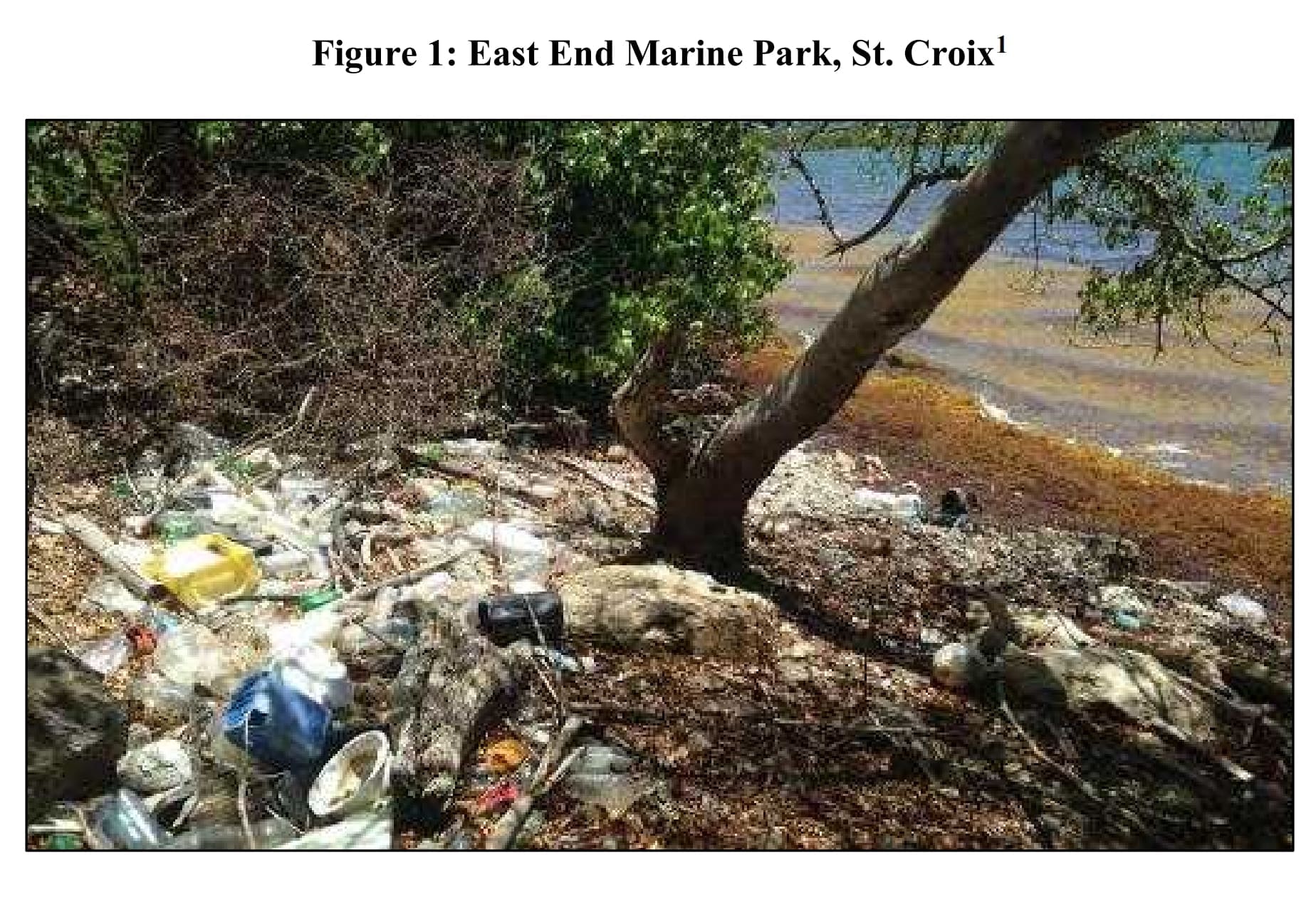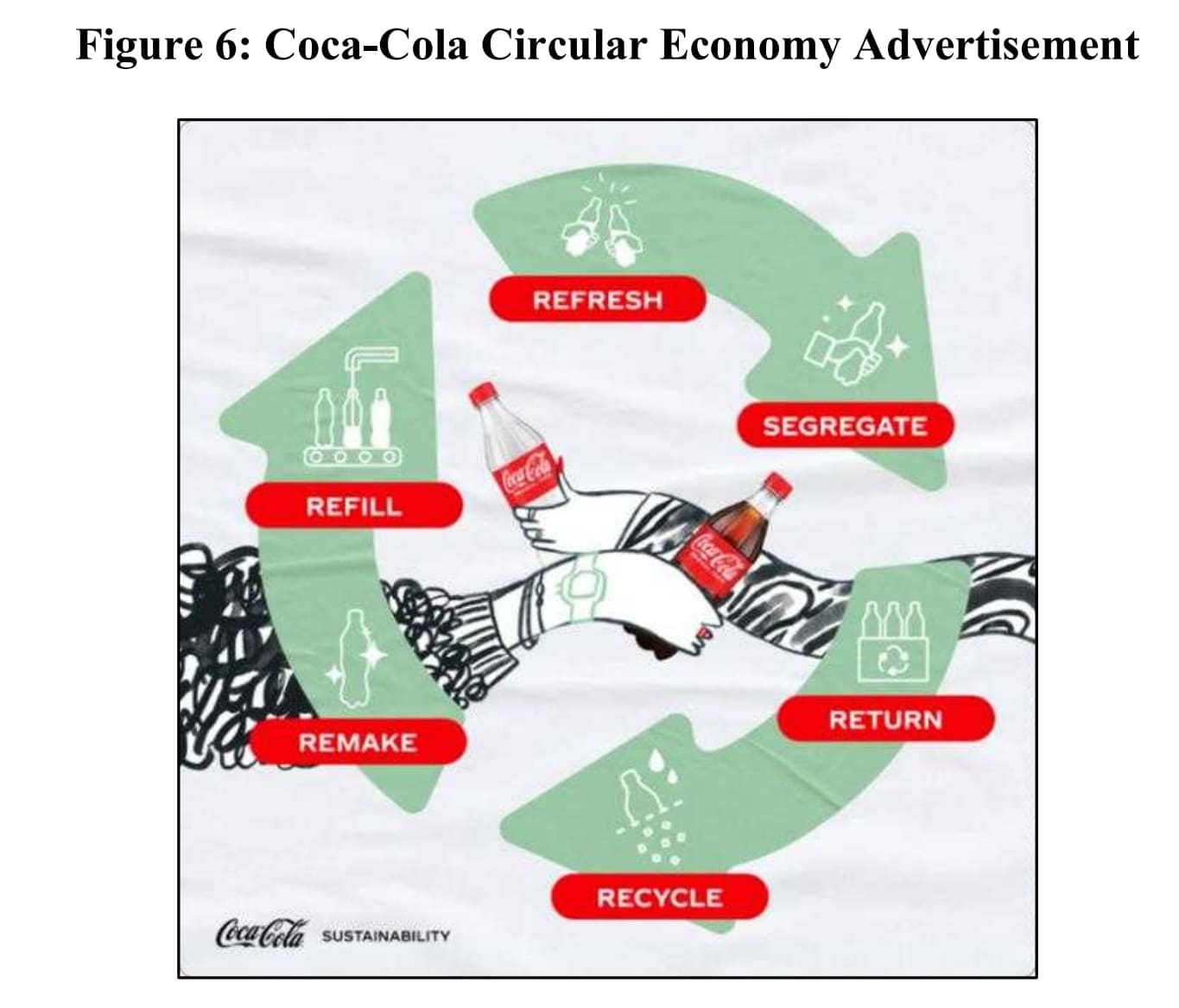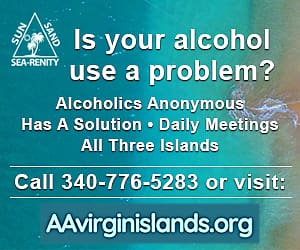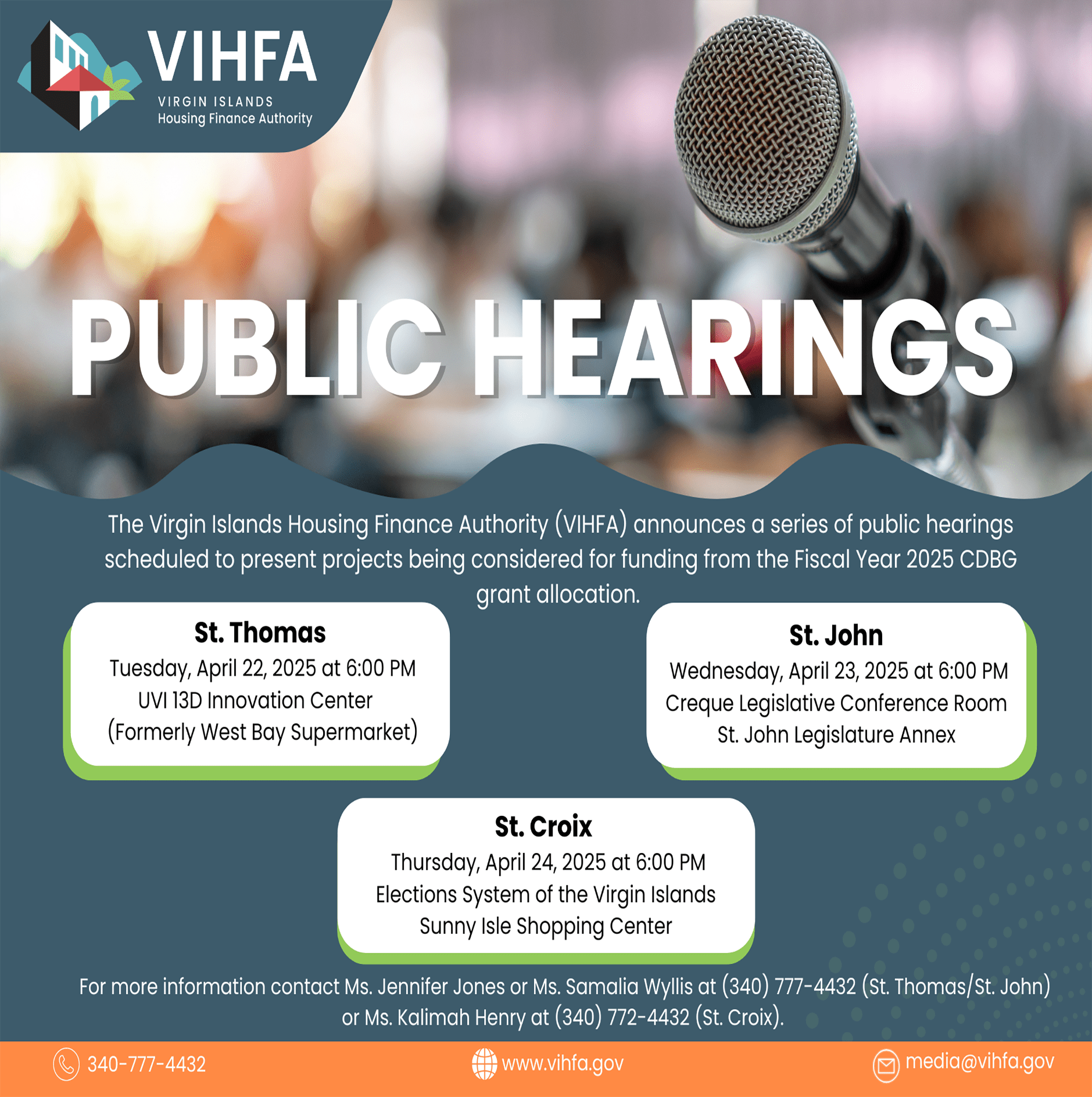
Pepsi and Coke bottles are destroying the natural beauty of the Virgin Islands while the companies making plastic pollutants lie about their environmental impact, according to a bombshell lawsuit filed by the Virgin Islands government.
The suit, filed April 11 in the Superior Court of the Virgin Islands, alleged PepsiCo, PepsiCo Caribbean, The Coca-Cola Company, and CC1 Virgin Islands, LLC, fabricated fables of recyclability, falsely promised to reduce new one-time plastic use, hid the invasive nature
of microplastics, and actively engaged in extensive campaigns to deceive consumers about plastic’s impact.
“PepsiCo and Coca-Cola — the top plastic polluters in the world — have littered the Virgin Islands with their plastic bottles and engaged in a disinformation campaign to make consumers falsely believe that purchasing their products in single-use plastic bottles is an
environmentally responsible choice,” according to the lawsuit, which includes photos of plastic debris on beaches, waterways, and overflowing landfills.
Contrary to statements from the companies, plastic bottles could only be recycled once, if at all, the suit alleged. In 2019, the companies invested $4.24 billion in advertising and marketing but only $11 million to help fund a river cleanup initiative, the same year, according to court records.
“PepsiCo and Coca-Cola are aware that consumers have become increasingly sensitive to sustainability and recycling and have attempted to brand themselves as sustainable, despite the reality,” according to the lawsuit.
The beverage companies were not alone, the suit alleged, and belong to organizations that lobby lawmakers and trade groups to define words like “recyclable” more loosely, push back on low-plastic packaging restrictions and single-use plastic use, and create false-front groups — like Alliance to End Plastic Waste — that only pretend to promote environmental sustainability.

“PepsiCo and Coca-Cola both are members of a number of organizations that push false solutions to the plastic crisis while maintaining profits and the status quo for the plastics industry. The Consumer Brands Association, of which both PepsiCo and Coca-Cola are members, have made efforts to deceive consumers by advocating for changes to the definition of recycling.”
Some of the alleged deceptive practices have roped in traditional protectors of the environment, according to court documents. In 2015, Coca-Cola funded and steered a report published by the Ocean Conservancy but written by the consulting firm McKinsey & Company. The report placed the blame for the majority of plastic pollution in the
ocean on five Asian countries — the Philippines, China, Indonesia, Vietnam, and Thailand.
“The report was highly problematic in that it failed to address key contributors to ocean pollution, specifically Coca-Cola’s and others’ continual use and promotion of single-use plastics. The report was later retracted, and Ocean Conservancy issued a formal apology
acknowledging plastic production as the root cause of ocean pollution,” according to the suit.
Both Pepsi and Coca-Cola were well aware of plastic’s environmental impact and the infeasibility of recycling as a solution, according to court documents, but both companies promoted false narratives of recycling loops where new bottles were endlessly made with recycled plastic.
The suit said PepsiCo and Coca-Cola knew it was economically and practically impossible to recycle all of the plastic that they produce. They also overstated how much of the plastic they used was recycled.
The suit claims only 9.5 percent of plastic was recycled in 1996. By 2018, that number had fallen to 8.7 percent.
“The reality is that even plastic bottles that can be recycled must be clear, colorless, and free of contaminants from things such as labels — making it difficult to make plastic bottles of recycled plastic bottles. As a consequence, as PepsiCo and Coca-Cola knew or should
have known, a significant number of their plastic bottles would not and do not get recycled and are actually ‘downcycled,’ meaning they are remade into an item of lower quality which typically cannot be recycled again,” according to court documents.
The companies have also failed to state how much microplastic was contained in their products, according to court records. A 2018 study found 93 percent of water bottles, including PepsiCo’s Aquafina Water and Coca-Cola’s Dasani Water, contained microplastics. These tiny particles that can make their way into almost any environment, including the human brain. A 2024 study found 10 percent of plastic particles in water bottles were microplastics and 90 percent were even smaller nanoplastics.

“Researchers found one liter of bottled water had an average number of 240,000 nanoplastics,” according to the suit. “Despite this research, PepsiCo and Coca-Cola have failed to disclose the presence of microplastics in their products or the harms that microplastics pose to consumers.”
The V.I. government and the Licensing and Consumer Affairs Department have asked for a jury trial to decide if the companies violated the Virgin Islands’ 1973 Consumer Protection Law, the Consumer Fraud and Deceptive Business Practices Act, and created a public nuisance.
The suit asks that the companies cease deceptive business practices, pay a fine akin to “all monies received as a result of their violations,” pay a civil penalty, pay to clean up their public nuisance, and other fines.
As of April 22, Earth Day, Pepsi and Coke had not responded to the suit, according to court records.














